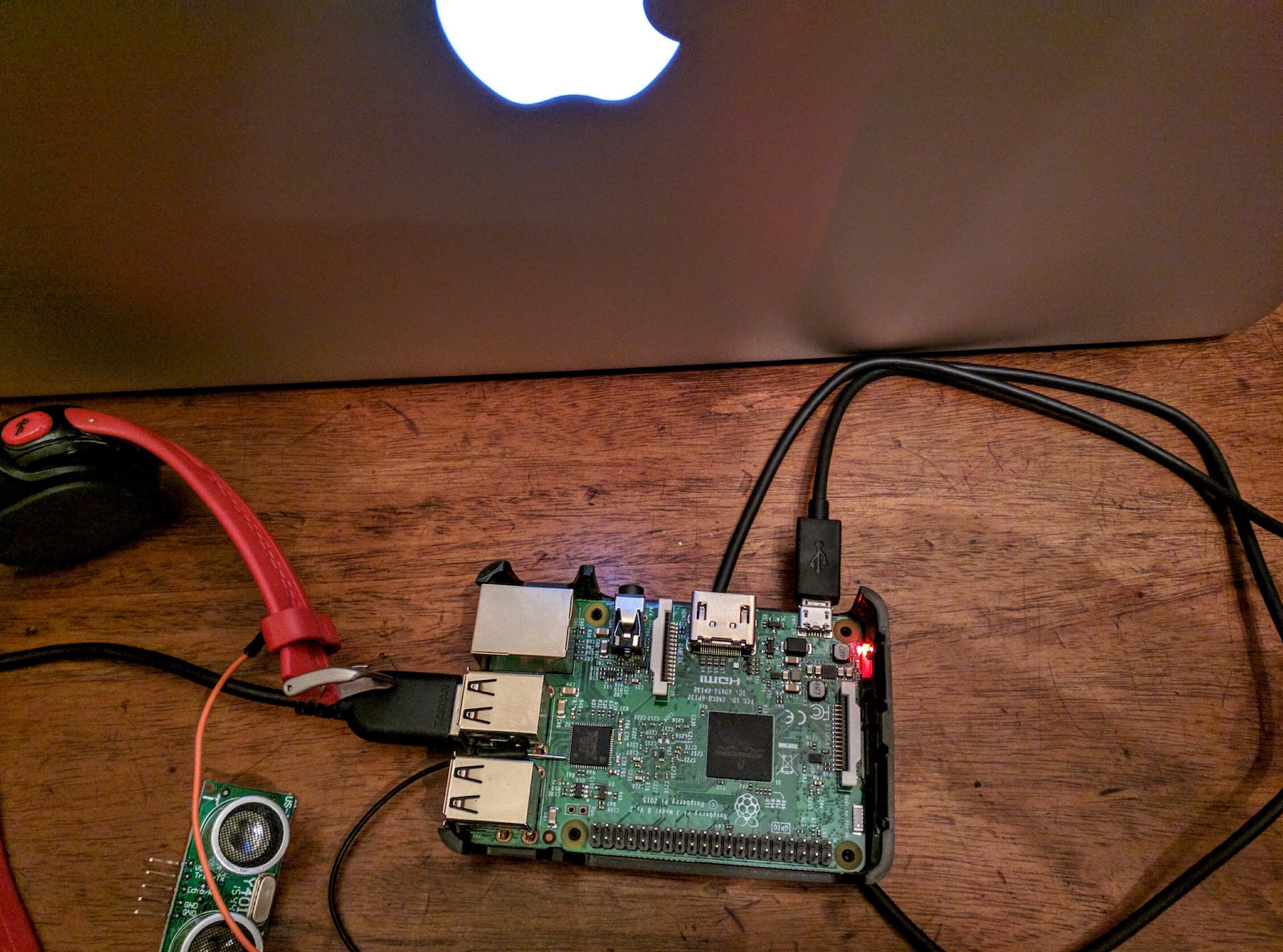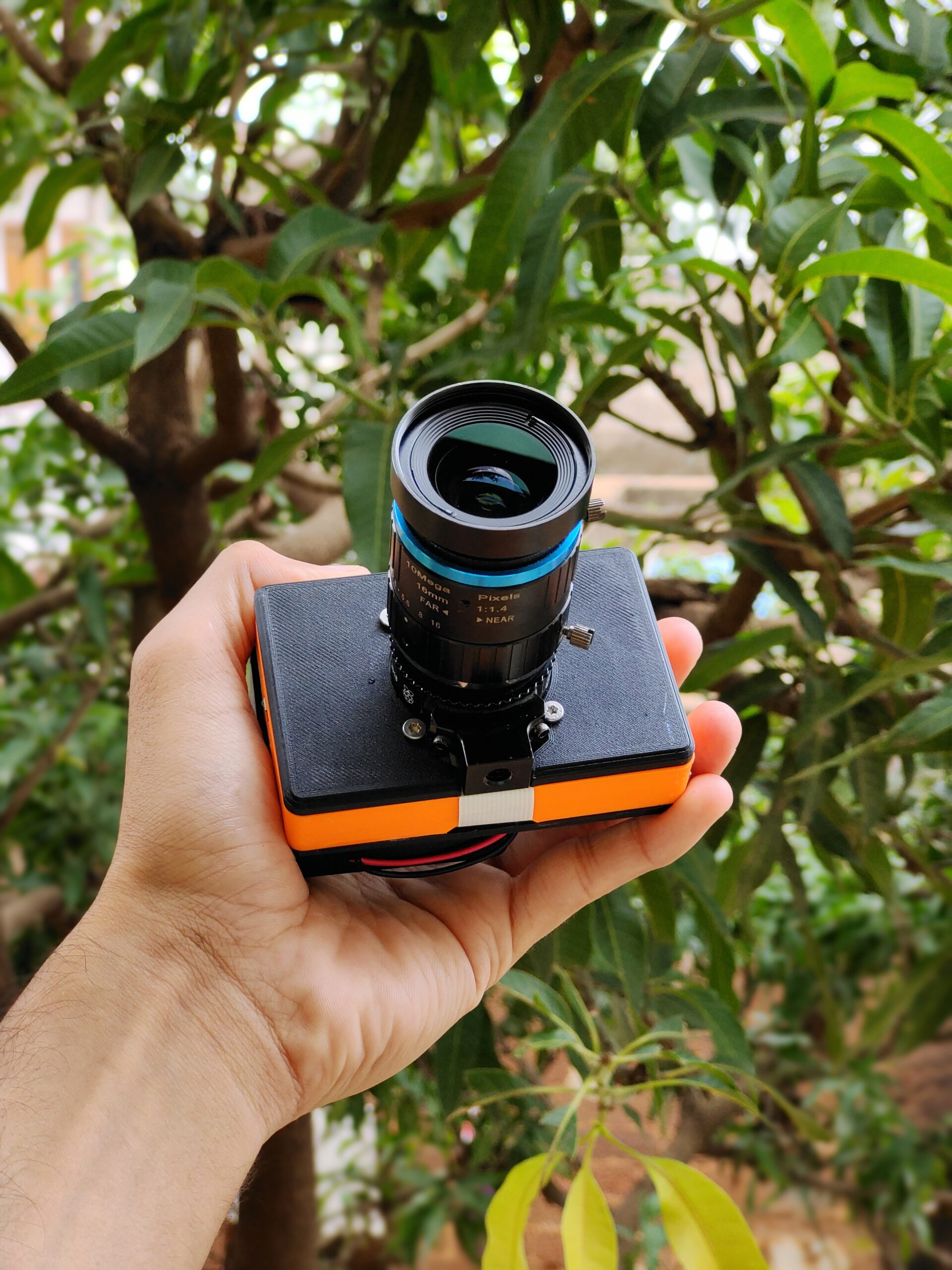Best Free Remote IoT Platform For Raspberry Pi: Your Guide
In the ever-expanding landscape of the Internet of Things (IoT), how does one navigate the myriad of platforms available to remotely manage a Raspberry Pi, and more importantly, do so without breaking the bank? The quest for the best free remote IoT platform for Raspberry Pi is not just a technical exercise, it's a critical step in realizing the potential of your IoT projects, and it's absolutely achievable.
The allure of the Raspberry Pi lies in its versatility and affordability, making it a favorite among hobbyists and professionals alike. But its true power is unlocked when paired with a robust remote IoT platform. These platforms act as the central nervous system for your projects, allowing you to monitor, control, and manage your devices from virtually anywhere in the world. The challenge, however, is wading through the options and finding a platform that aligns perfectly with your needs while remaining cost-effective. The good news? Several excellent free solutions are available, offering a compelling range of features and functionalities.
The selection process necessitates a careful evaluation of project requirements. Not all platforms are created equal; what works seamlessly for a simple home automation project may fall short when applied to a complex industrial monitoring setup. Consider factors such as data storage needs, the complexity of the control interface, and the security protocols supported. A well-informed decision will save considerable time and effort down the line, ensuring a smooth and efficient deployment.
- Joanna Gaines Health Update Whats Happening 2024
- Are Justin Trudeau Melanie Joly Dating Rumors Explored
Before diving into specific platforms, it's crucial to understand the core functions of an IoT platform. At its heart, it serves as a bridge between your Raspberry Pi-based devices and the wider world. It facilitates data collection, storage, and analysis. It enables remote control and actuation, allowing you to send commands to your devices and receive feedback. It also provides a user interface, often a dashboard or web-based portal, for visualizing data and interacting with your devices. Moreover, security is paramount, with robust authentication and encryption protocols safeguarding your data and devices from unauthorized access.
In essence, an IoT platform simplifies the complexities of managing connected devices. It abstracts away the intricate details of network communication, data processing, and user interface design, enabling you to focus on the core functionality of your project. It allows you to transform raw sensor data into actionable insights, make informed decisions based on real-time information, and automate tasks with precision.
Several platforms have emerged as frontrunners in the realm of free remote IoT management for Raspberry Pi. Each offers a unique set of features, advantages, and disadvantages, catering to diverse use cases and user preferences. The selection of the ideal platform is a matter of carefully weighing these attributes against your project's specific requirements.
- Jaleel White Marries Details On His Wedding To Nicoletta Ruhl More
- Ray Charles Biography Music Legacy Explore His Life Hits
One of the prominent players is Adafruit IO. This platform provides a user-friendly interface and a range of tools for visualizing data, creating dashboards, and controlling devices. It's particularly well-suited for hobbyist projects and those seeking a straightforward implementation. Adafruit IO is known for its ease of use, making it an excellent choice for beginners. However, it's essential to consider its limitations, particularly regarding data storage capacity, when dealing with large-scale deployments.
Cayenne, another popular contender, offers a visual programming interface that simplifies the process of creating IoT applications. Its drag-and-drop functionality makes it easy to connect devices, configure sensors, and build custom dashboards. Cayenne is an excellent option for those who prefer a hands-on, visual approach to development. It provides a rapid prototyping environment, enabling quick iteration and experimentation. As with any platform, it's crucial to evaluate its capabilities in light of your project's scope and complexity.
Blynk has gained significant traction due to its versatility and ease of use. It offers a drag-and-drop interface for creating mobile applications to control and monitor IoT devices. It supports a wide range of hardware, including the Raspberry Pi, and provides extensive customization options. Blynk empowers users to build sophisticated, professional-looking interfaces with minimal coding. Its intuitive design makes it accessible to both beginners and experienced developers. Keep in mind that while offering a free tier, limitations in terms of data points and project size may apply.
ThingsBoard is a robust open-source IoT platform suitable for commercial deployments. It offers powerful features for data collection, processing, visualization, and device management. It supports various protocols, including MQTT and HTTP, and allows for extensive customization. ThingsBoard is designed for scalability and reliability, making it an excellent choice for demanding applications. Though not as immediately user-friendly as some other options, the platform provides a high degree of control and flexibility.
Eclipse IoT, an open-source community initiative, provides a comprehensive suite of tools and frameworks for building IoT solutions. It offers various platforms and technologies, including Mosquitto, a popular MQTT broker, and Kura, a gateway application framework. Eclipse IoT is favored by developers seeking a high degree of control and customizability. It supports a broad range of protocols and allows for seamless integration with existing infrastructure. Its open-source nature allows for greater flexibility and community support. However, it requires a more technical background to implement successfully.
Beyond these, other platforms and tools also offer valuable functionalities. The key to success lies in a careful comparison of their strengths, weaknesses, and how well they align with your project's objectives. Remember to prioritize platforms with strong security features. Ensure that the chosen platform aligns with your project's security needs. Security is a critical consideration, and securing remote access is paramount.
The implementation process typically involves several key steps. First, install the appropriate operating system and configure your Raspberry Pi. Then, select the best remote IoT platform based on your project's needs. Finally, secure remote access to your Raspberry Pi, often through SSH key authentication, which provides a robust solution. Keeping your Raspberry Pi and remote IoT client updated to protect against vulnerabilities is also crucial. Regularly review activity logs to detect any suspicious behavior. These steps can be more complicated to implement, the best route to ensure a safe and working environment is to take help from various forums.
When it comes to securing remote access, SSH key authentication is a best practice. SSH (Secure Shell) provides a secure connection to your Raspberry Pi, and using SSH keys instead of passwords significantly enhances security. In this guide, we will explore the best remote IoT platforms that support SSH key authentication and are free to use with the Raspberry Pi.
The utility of remote IoT platforms extends across various industries and scenarios. From agriculture and manufacturing to smart homes and environmental monitoring, these platforms provide tools and services that simplify the development and management of IoT applications. They enable real-time monitoring, remote control, and data analysis, ultimately leading to improved efficiency, productivity, and decision-making. For Raspberry Pi users, finding the best free remote IoT platform is essential for maximizing its potential. The correct platform becomes an important element to unlock the real utility of Raspberry Pi.
The core function of an IoT platform involves connecting devices, managing data, and enabling seamless communication between hardware and software.
Here's a table summarizing the key features of several free remote IoT platforms suitable for Raspberry Pi:
| Platform | Key Features | Ease of Use | Data Storage | Protocol Support | Ideal For |
|---|---|---|---|---|---|
| Adafruit IO | Data visualization, dashboards, device control | Beginner-friendly | Limited | MQTT, HTTP | Hobbyist projects, rapid prototyping |
| Cayenne | Visual programming, drag-and-drop interface, custom dashboards | User-friendly | Varies based on usage | MQTT, HTTP, Modbus | Visual learners, rapid prototyping |
| Blynk | Mobile app interface creation, wide hardware support | Beginner-friendly | Limited in free tier | MQTT, HTTP, TCP | Mobile control and monitoring |
| ThingsBoard | Data collection, processing, visualization, device management | Requires some technical knowledge | Scalable | MQTT, HTTP, CoAP | Commercial deployments, demanding applications |
| Eclipse IoT | Open-source tools, comprehensive frameworks | Requires technical expertise | Flexible | MQTT, HTTP, CoAP | Developers seeking customizability, large deployments |
The information in this table should allow you to explore the different options better. However, this is just the first step in the process of setting up an efficient remote environment for your Raspberry Pi. The following sections will delve deeper into the specifics of each platform and provide more actionable recommendations.
The demand for efficient and reliable remote management solutions has skyrocketed as IoT technology continues to evolve. In this comprehensive guide, we will explore the intricacies of managing Raspberry Pi remotely using remote IoT management platforms. This will give the user the ability to make better choices.
In this guide, we will explore the best remote IoT platforms that support SSH key authentication and are free to use with Raspberry Pi. Remote IoT platforms allow you to monitor, control, and manage your devices from anywhere in the world. This provides a lot of liberty and freedom with how the device is monitored and handled.
Implementing a remote IoT platform on Raspberry Pi involves several steps: Install the appropriate operating system and configure your Raspberry Pi. Select the best remote IoT platform based on your project's needs. When it comes to Raspberry Pi, finding the best remote IoT platform free Raspberry Pi is essential for maximizing its potential.
Consider these aspects to help you further:
- Security: Always prioritize security. Implement strong passwords, enable SSH key authentication, and regularly update your Raspberry Pi and remote IoT client.
- Scalability: Think about the potential future growth of your project. Choose a platform that can handle a larger number of devices and data volume if necessary.
- Community Support: Check for active communities and documentation. This is crucial for troubleshooting and finding solutions to problems.
As the ecosystem grows, the demand for the most efficient way to work with IoT platforms has never been higher. Understanding this and implementing these best practices will set you on a path toward success.
This article explores the best remote IoT platforms tailored for Raspberry Pi, providing you with expert insights and actionable recommendations. We aim to provide information that will make the best of your devices.
The remote IoT platform SSH free Raspberry Pi finds applications in various industries and scenarios. From agriculture and manufacturing to smart homes and environmental monitoring, these platforms provide tools and services that simplify the development and management of IoT applications. They enable real-time monitoring, remote control, and data analysis, ultimately leading to improved efficiency, productivity, and decision-making. For Raspberry Pi users, finding the best free remote IoT platform is essential for maximizing its potential.
Keep your Raspberry Pi and remote IoT client updated to protect against vulnerabilities. Regularly review activity logs to detect any suspicious behavior. Remote IoT platforms provide tools and services that simplify the development and management of IoT applications. For Raspberry Pi users, finding the best remote IoT platform free Raspberry Pi is essential for maximizing its potential.

Discover The Best Free Remote Raspberry Pi Management Platform Today Media Control With Ir

Best SSH IoT Platform For Raspberry Pi Free A Comprehensive Guide

Discover The Best Raspberry Pi Remote IoT Solutions For Free